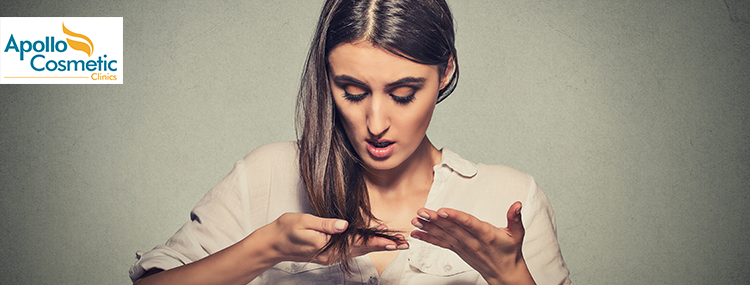Hair transplant is a procedure in which hair is grafted to a bald area from a donor area. In this process, the surgeon moves hair from the back or the side of the head to the bald area. The technique is mostly used to treat male pattern baldness. This is a minimally invasive procedure in which grafts containing hair follicles are transplanted to the bald scalp from a donor area.
The scalp is first numbed with a local anesthetic and the aftercare of the surgery involves the patient taking prescribed medication. In most of the cases, patients experience 60% hair regrowth within 6-9 months of the transplant.
Types Of Hair Transplant
Follicular Unit Extraction
It is one of the primary methods of obtaining hair follicles for hair transplantation.
Follicular Unit Transplant
It is the traditional hair transplant method involving extraction of a linear strip of hair-bearing skin from the back or the side of the scalp.
What Are The Side Effects Of Hair Transplant?
Bleeding
One of the side effects of hair transplant surgery is bleeding. At times, bleeding is to be expected and can be stopped with normal pressure but persistent bleeding might require the surgeon to do some extra stitching to close the wounds.
Itching
Itching is a very common side effect experienced by the patients post a hair transplant surgery. It occurs in areas affected by hair transplant surgery. Yet, it does not last for more than a few days. Itching mostly happens due to the formation of scabs and it can be controlled with regular shampooing. Using shampoo to wash the hair every day helps to reduce the irritation. This side effect may sometimes become severe if not addressed properly.
Scarring
If you are genetically prone to scarring then it will happen post hair transplant surgery. Very rarely, patients have scarring which takes the form of ridges. Scarring generally occurs in patients who are already disposed and most likely occur in individuals who opt for strip plantations.
Infections
It is rare but Infections do occur in hair transplant surgery. Infections can be easily avoided with the use of antibiotics.
Temporary Thinning
You might find post hair transplant surgery, your hair that you already have is thinning. Do not be alarmed as it is a normal condition post-surgery. The thickness of the hair comes back after a few months. This is one of the most common side effects of hair transplant surgery.
It is also common for implanted hair to fall off shortly after the surgery. The hair grows back afterwards.
Cysts
Cysts mainly occur when the hair follicles damage your skin and push deep into the layers. They appear in the areas where hair is transplanted, the recipient area. But cysts do not last more than a few weeks and are hardly the size of a pimple.
Hiccups
5 percent of the patients have this problem post-surgery, but it can be troublesome if it lasts more than a few days. Hiccups are also a common side-effect of hair transplant surgeries. In every 100 patients, 5 are affected by this side effect post-surgery. The cause for it is unknown and the hiccups can last from some hours to several days.
Numbness
Another common side effect is numbness. Patients report about feeling numb for several weeks post-surgery. Although it is temporary, numbness is inevitable after the procedure.
Swelling
Swelling happens in the forehead and around the eyes post-surgery. It lasts for only a few days.
For a further understanding of hair transplant surgery, visit Apollo Cosmetic Clinic for a consultation.




